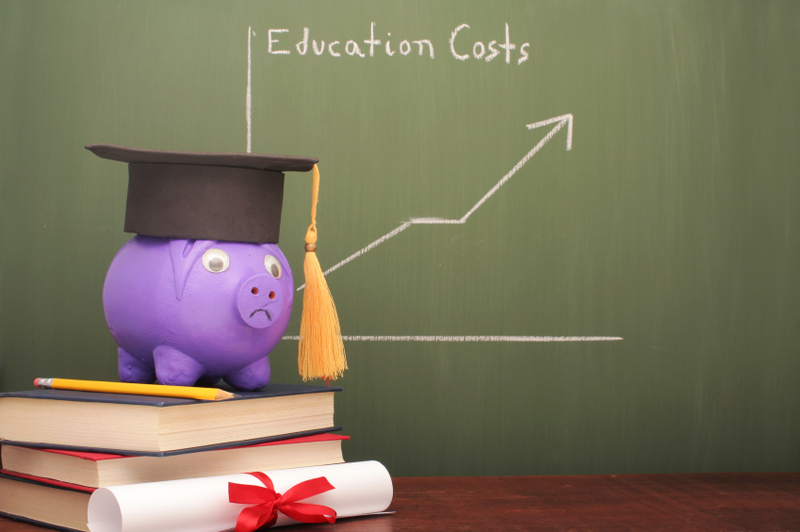<b>I am hoping you can help me with my FAFSA issue. I am 16 and a
senior this year in high school, so I plan on attending a university
in the fall. However, my dream college is a private university and is
extremely expensive. My parents refuse to help pay a dime towards
furthering my education — they believe college isn't necessary
and that I can get by without it. I begrudgingly accepted this, but
asked if they would give me their tax information so I can fill out
the FAFSA. They now won't even let me look at their tax information
and refuse to fill out the FAFSA because they don't want the
government seeing their assets and what not and don't want an
audit. This was extremely upsetting for me, as the scholarship I want
to apply for requires a completed FAFSA, and a FAFSA is required for a
work-study job on campus. I have pretty much no money for college
myself, just $1,000 in my personal account but that is all I have. I'm
not sure how much we make — my mom doesn't have a job and my dad is a
printer and owner of our family business, which is enough to make ends
meet, but we are definitely middle class. I am willing to take out
loans, but I can't pay my entire education on loans. The FAFSA
considers me to be a dependent student. Is there any way I can receive
federal aid while still being a dependent student and not filling in
my parents information?
— M. D.
As President Barack Obama said, "In a global economy where the most
valuable skill you can sell is your knowledge, a good education is no
longer just a pathway to opportunity — it is a prerequisite."
There are more jobs available for college graduates than for people
with just a high school diploma. Unemployment is lower for college
graduates and salaries are higher.
But your goal of enrolling in the film school at one of the most
expensive private colleges in the US is unrealistic. This college
charges $37,500 a year in tuition alone. Even with student aid you
would have to borrow excessively in order to attend this college and
you will have difficulty repaying that debt as a starving artist. You
should consider pursuing a more practical field of study instead, one
that will help you pay your bills after you graduate, and enroll in a
less expensive college. You might be able to minor or double-major in
film.
The US Department of Education does not currently share FAFSA
application data with the IRS. Discuss your situation with a
financial aid administrator at the college; sometimes they can help
address your parent's concerns about the privacy of the information
provided on the FAFSA.
However, it is possible that your parents may not have filed their
federal income tax returns. (Self employment combined with excessive
concern about triggering an audit increases the likelihood of tax
evasion or tax fraud.) If they haven't paid their taxes, you won't be
eligible for federal student aid until they do.
The Higher Education Act of 1965 allows a student whose parents refuse
to complete the FAFSA and who have terminated all financial support to
obtain unsubsidized Stafford loans of $5,500 to $7,500 a year,
depending on the year in school. That is just a drop in the bucket
compared with college costs at an expensive private college.
If your parents do not change their minds about completing the FAFSA
and helping you pay for college, there are only two practical
options. One is to enroll at a low cost community college. You might
be able to obtain a part-time job to pay for the college costs. The
other is to wait until you turn age 24 to go to college, when you will
automatically be considered independent.
Join Fastweb.
Match Instantly.
Become a member and gain exclusive access to our database of over 1.5 million scholarships.
